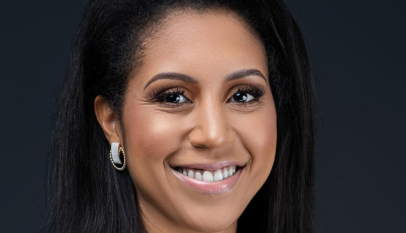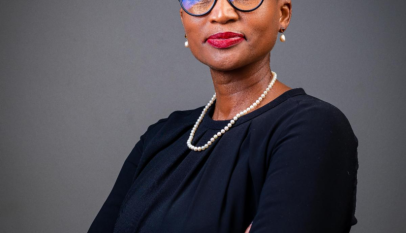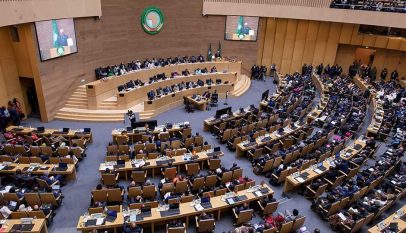Polio: Nigeria achieves milestone, brings Africa closer to polio-free certification
Today, (July 24, 2016) Nigeria marks two years without a case of polio, an important milestone for the polio eradication initiative and a major step towards polio-free certification for the country come 2017.
Nigeria’s president, Muhammadu Buhari, who also leads the country’s Presidential Task Force on Polio Eradication, described the feat as “a historic moment that has brought Africa and the world the closest it has ever been to eradicating this devastating disease”.
“We must protect the gains we have made and stay on course to tackle the challenges that remain in eliminating polio for good,” Buhari said. “We will continue to provide the needed oversight and resources to achieve polio eradication in 2017.”
Nigeria’s health minister, Isaac Folorunso Adewole, has also assured that the government was committed to building resilience by “getting people out of their comfort zones to further enhance the quality of polio campaigns, reach children in difficult areas and continue to improve routine immunization”.
In the same vein, Ado Muhammad, executive director of the National Primary Health Care Development Agency, NPHCDA, has said that efforts were ongoing to close the remaining surveillance gaps in the programme, including “increasing environmental surveillance sites and community informants across the country”.
The Global Polio Eradication Initiative (GPEI), the public-private partnership leading the effort to eradicate polio, has applauded the commitment of tens of thousands of people – including Nigerian officials at all levels, UN and NGO partners, health workers, and community leaders and volunteers in keeping polio out of Nigeria for the past two years.
Related: Dwindling revenue won’t affect our commitment to polio eradication, says Ganduje
“The National Laboratories in Nigeria have been vigilant in monitoring for polio cases,” said acting country representative for WHO in Nigeria, Rex Mapazanje. “We must continue to be on alert for any sign of the virus through heightened surveillance, particularly in the vulnerable populations including insurgency-hit areas of northeast Nigeria and the adjoining areas of Cameroon, Chad and Niger,” he said.
“Achieving a polio-free Africa will bring us closer than ever to a polio-free world, but that success should not be taken for granted,” said UNICEF’s Nigeria country representative Jean Gough. “We must continue to work together with all partners, in particular with the traditional institutions at all levels, to ensure we reach every child so we can relegate this paralysing disease to history forever.”








